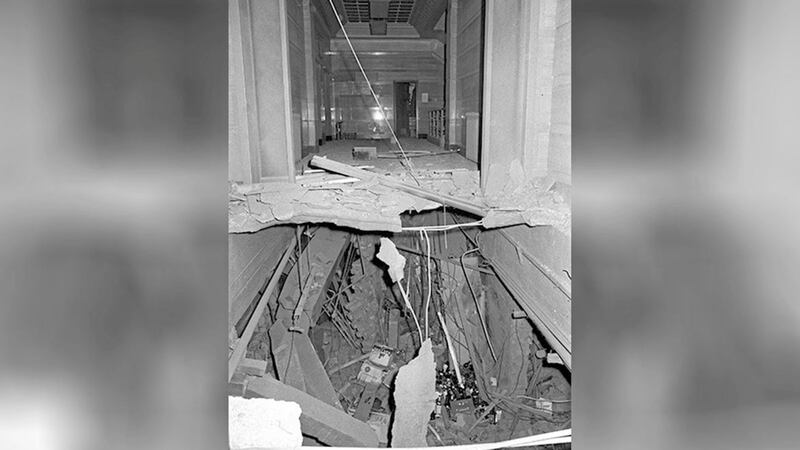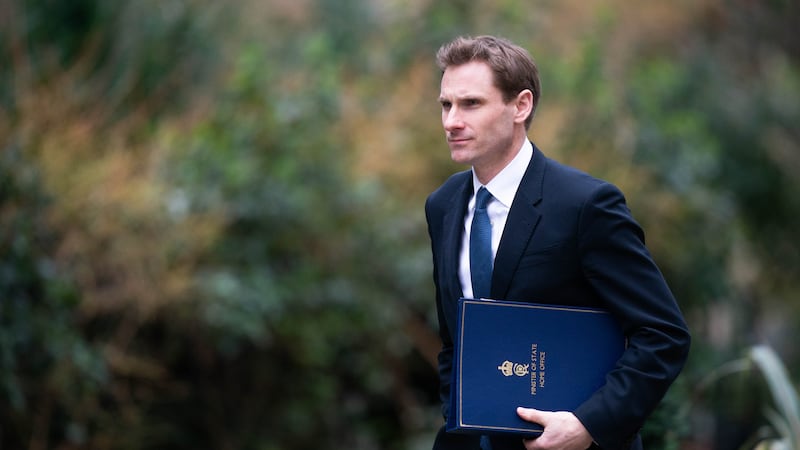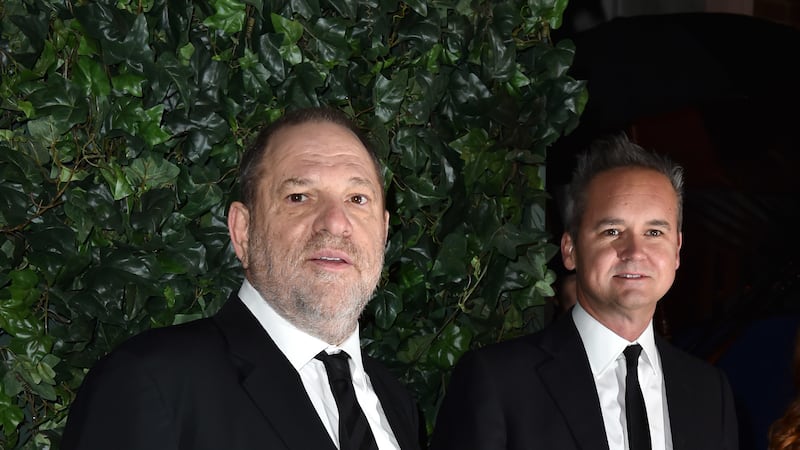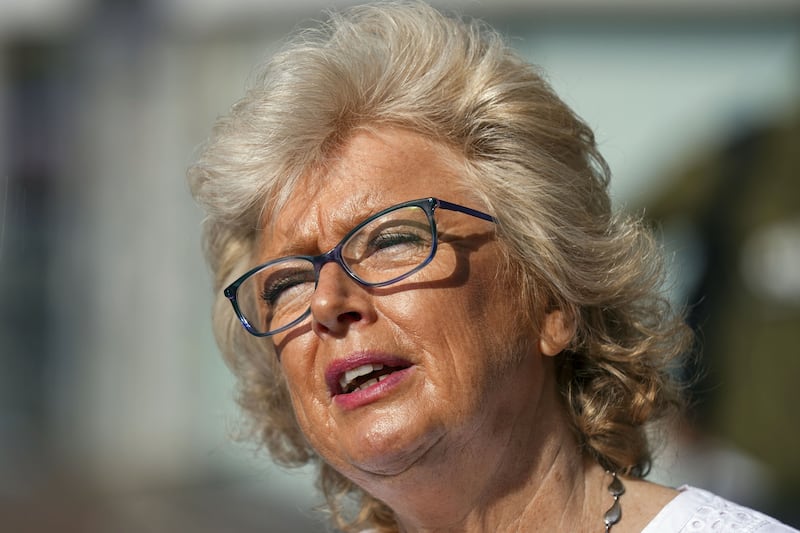There has never been a "full and independent investigation" into who carried out the 1974 Birmingham pub bombings, lawyers for the victims' relatives have told a court.
Ten of the bereaved families were at the High Court in Birmingham today in a legal bid to overturn coroner Sir Peter Thornton QC's ruling banning the identification of suspects at fresh inquests.
The relatives are asking for a judicial review of that decision, in order to widen the inquests' scope and include "the perpetrator issue".
In opening submissions their barrister Adam Straw said: "There's been no full and independent investigation for who was responsible."
However, Sir Peter's barrister said that inquests were not the correct arena to consider who carried out the bombings, and risked turning forthcoming hearings into a "proxy criminal trial".
In written submissions for the coroner, his barrister Peter Skelton QC concluded: "Thus the many years of expensive and exhaustive endeavour would not result in the claimants' principal goal: a public conclusion about who bombed Birmingham.
"That aim is entirely legitimate and understandable. But it is not one that these inquests can achieve."
The city centre double bombings, widely believed to be the work of the IRA, killed 21 people and injured 182, making it - at the time - the deadliest peacetime attack on Britain.
Six men, known as the Birmingham Six, were imprisoned for the murders and served 17 years behind bars in one of Britain's most infamous miscarriages of justice, before their convictions were quashed.
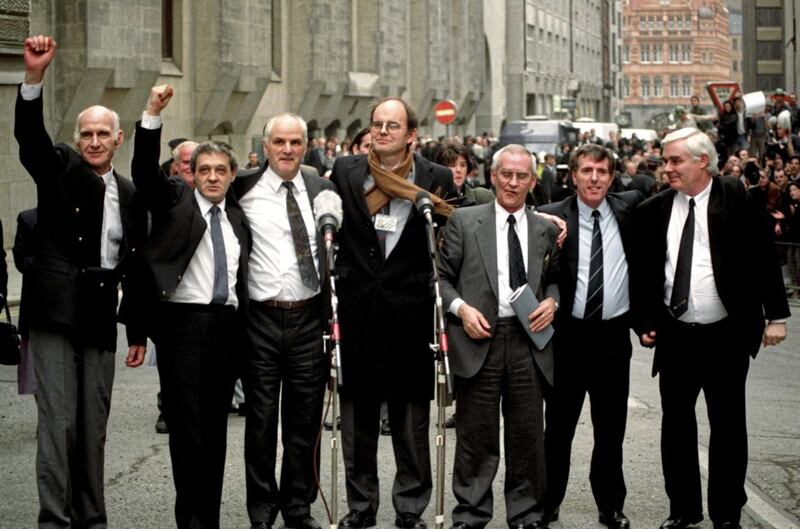
Five West Midlands Police officers were charged with perverting the course of justice in connection with the flawed original criminal investigation, but in 1993 a judge ruled a fair trial would be impossible.
The High Court hearing is the latest stage in a lengthy campaign by the families for "truth and justice", after they won a bid last year to have fresh inquests.
Senior coroner Louise Hunt allowed new inquests after hearing evidence the state may have been protecting a government informant, and that the police had allegedly ignored two tip-offs of an imminent IRA attack on the city.
In submissions to Lord Justice Simon and Mrs Justice Carr, Mr Straw said: "The bombing, at its time, was the worst peacetime killing.
"For the 10 families I represent and the wider public, there's compelling interest for a full investigation for who was responsible with the aim of bringing them to justice.
"There's been no full and independent investigation for who was responsible.
"The original investigation (by West Midlands Police) was flawed.
"West Midlands Police investigated, but in a context where members of their own force are said to be responsible for the bombings and where the first investigation was so notoriously flawed the public cannot have confidence in its conclusions."
He added that the decision by Sir Peter, the former chief coroner, to exclude the perpetrator issue meant "there's no prospect of a full and independent investigation into who was responsible".
Mr Straw said that the "opportunity would be lost", if that decision was not overturned.
The hearing, which will include detailed legal arguments by both sides, is set to last two days.
New inquests are on hold until the High Court justices deliver their ruling.
Some of the bereaved families said they would "no longer participate" in the inquests, without the perpetrator issue being included.
